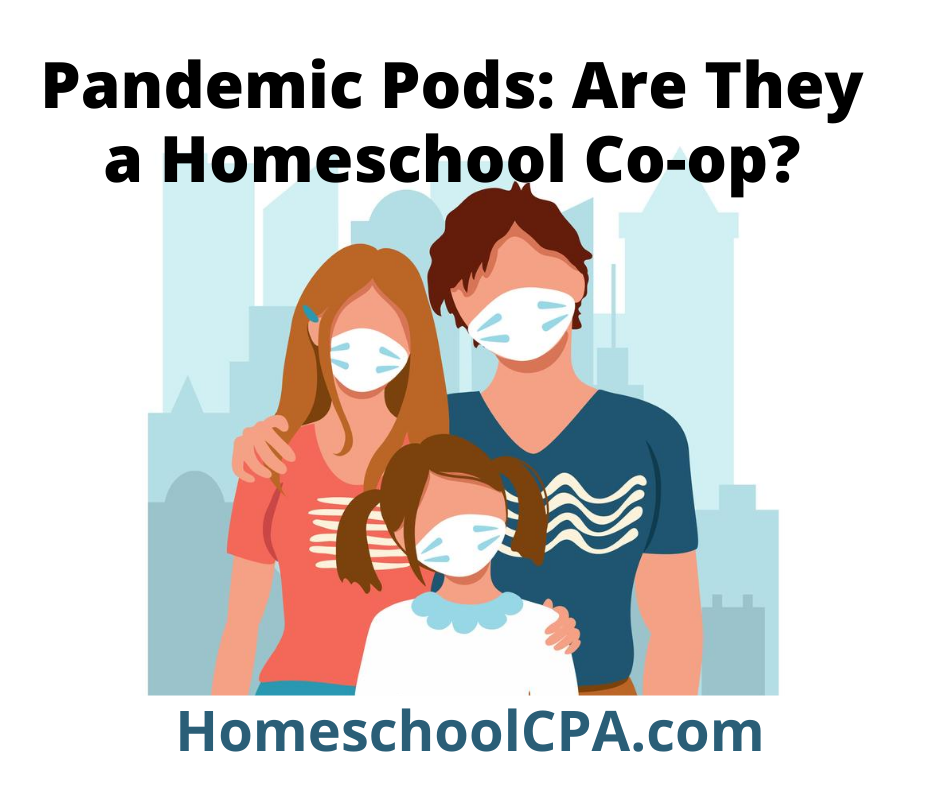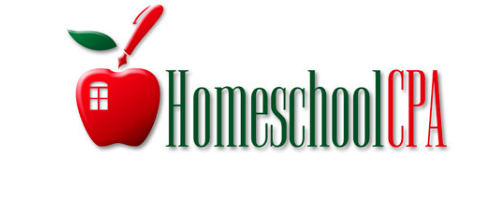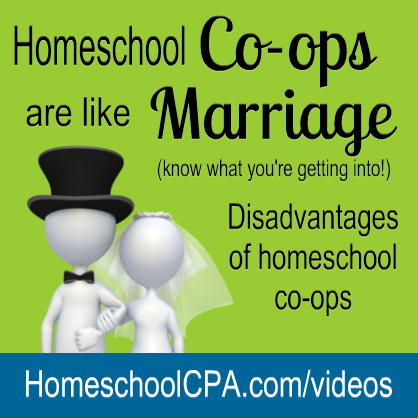
Pandemic pods. I have been reading about groups of parents gathering to teach their children in small groups called “pandemic pods” because of the COVID-19 pandemic. Sounds like a homeschool co-op, right?
I’ve already had a few parents, teachers, and homeschool group leaders contact me about forming a pod to help school age children have a somewhat normal school-like experience this fall.
They ask me questions like one father, Will in Ohio, asked:
- Is my pandemic pod a homeschool co-op?
- Or is it a micro school?
- If I hire a teacher to help with school work and care for the children in a location that is not my house, are we a daycare?
Excellent questions. Will and I both started reading about homeschool laws, non-public school laws (the micro school option), and daycare licensing in Ohio.
None of current Ohio laws seems to address what Will wants to do.
That’s because we’ve never been faced with a pandemic when public schools had to close their buildings and offer online instruction!
Case Study: Will in Ohio
Will wants to have 6-8 kindergarten and first grader students meet in a non-residential location four days a week (9 am to 2 pm) under the supervision of a hired teacher. He plans to use Ohio’s Virtual Learning option as the curriculum, so the students will be enrolled in their local public school as virtual students.
Additionally, Will has to have his pod set up in about a month. His public school wants parents to enroll their children in about 2 weeks! He’s under the gun. And he isn’t sure that this is a long-term arrangement. It may only last for 3-6 months, so he wants something simple, fast and inexpensive to set up.
Options to Consider:
Here’s what Will is considering and the thought process he went through with of each option:
A home education program (sometimes called a homeschool co-op). Home education is defined in Ohio as “education primarily directed and provided by the parent or guardian of a child.” That didn’t seem to fit what Will was planning since the education would be provided by an in-person hired teacher (and a perhaps virtual teacher from the public school), not the parents. Will is considering reducing the number of hours the pod meets, so that the parents are the primary educators of their children, not he pod teacher.
All students must be legally homeschooled according to Ohio’s homeschool laws. If the students are enrolled in a public virtual school, they are public schooled students and not home schooled students in Ohio.
Each homeschooling parent would have to notify that they are homeschooling and submit a list of curriculum to their local superintendent. Will is not convinced that the pod parents want to homeschool or are able to agree to fewer hours at the pod with the hired teacher.
So forming as a home education program did not look like a viable option for Will’s pod.
A micro school which in Ohio could fall under non-chartered non-tax supported school, also known as “08” schools.
This option requires the students to be in attendance at the school for nine hundred ten hours in a school year. This is more hours than Will was planning for his pod. He may still consider this option but the children will be in school 5 days a week and at least 6 hours each day for 30 weeks.
Additionally, this option in Ohio is for schools that because of truly held religious beliefs choose to not be chartered by the State Board of Education. That may not describe Will’s pod or the pod parents’ convictions.
He also needs to determine how quickly he can establish an “08” school. He will need to contact the Ohio Department of Education and other “08” schools to get their experience.
Daycare for School Aged Children. Will considered having his pandemic pod becoming licensed as a School Age Daycare center in Ohio. The students would be enrolled as public school virtual students. The pod’s hired teacher is really functioning as a daycare provider for school aged students. Ohio requires a daycare license for that.
He is unsure of how soon he can get a daycare license and if he can operate the pandemic pod before getting licensed. He needs to contact the State of Ohio Daycare licensing agency.
So Will is not finding a way to operate his educational pod as he envisioned. He may change his vision by increasing the days per week the students attend the pod and establish as micro school. This will be more expensive for the parents and perhaps time consuming for Will.
Recommended Steps
As you consider opening a pandemic pod, work through each option as Will has done.
Read the homeschool, school, and daycare laws of your state and its limitations. Make lists. Determine where you can comply with the law and where you need to change your plans.
Work with knowledgeable people such as:
- A state-level homeschool association who know the homeschooling laws.
- A Certified Public Accountant (CPA) who understands business, establishing a nonprofit, taxes, and profitability of a “pandemic pod.” Will doesn’t think his pod will be profitable; he is estimating a loss for its first year.
- An attorney who understands education laws, daycare licensing laws and employment contracts.
Talk to people who have started micro schools in your state. Here are two resources to get you stated.
- Meridian Learning is a resource and advocacy organization for grassroots microschools.
Determine your level of risk. Will is investigating insurance coverage, looking into safety and health policies, and setting up the pod as either a nonprofit corporation or as a LLC to manage the risks he sees.
Be careful about getting advice of parents on social media. They may live in different state or have set up their programs very differently than you.
Even small things like where your pod meets (in a home or not), the hours per day or days in a year the pod meets, and the number and ages of children in a pod can all determine what laws you need to comply with.
Carol Topp, CPA
HomeschoolCPA.com

